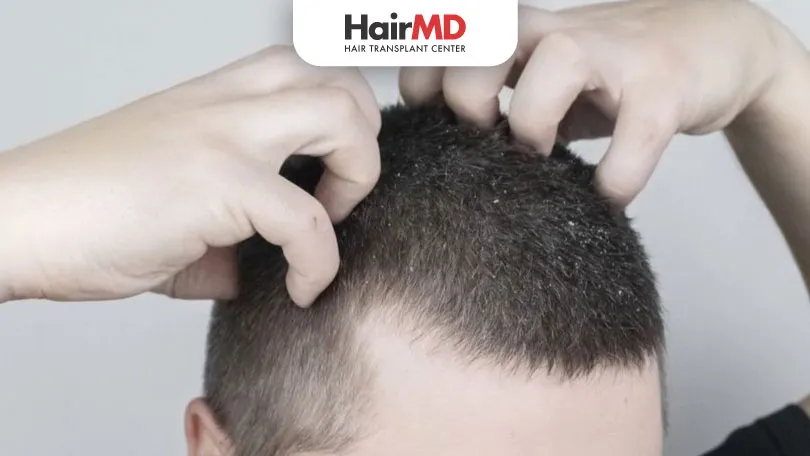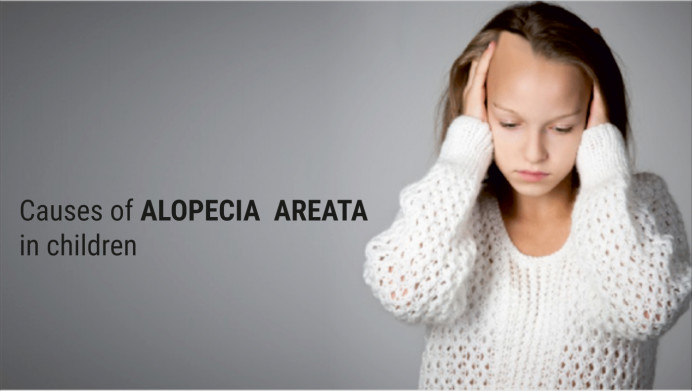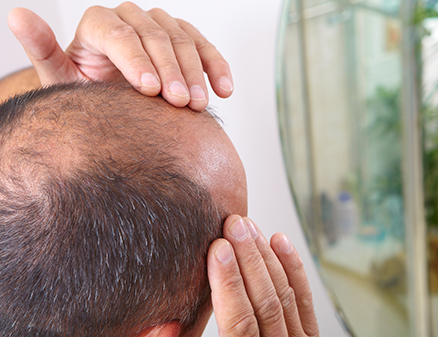Blog | | June 1, 2021

Are you experiencing hair loss? Get in touch with the best of our hair specialists in Pune to understand your hair condition. For a hair treatment or to get hair transplant, book an appointment with our dermatologists near you, call +919584584111.
Dealing with an itchy scalp, itchy bumps on scalp, or scalp pruritus, is a common challenge for many. Whether caused by seborrheic dermatitis, hormonal changes, or fungal infections, persistent itchiness can disrupt daily activities. Let’s explore the common itchy scalp causes and delve into effective home remedies for itchy scalp that can be conveniently applied for lasting relief.
Table of Contents
Itchy scalp, or scalp pruritus, refers to the persistent itching of the scalp. Various factors contribute to this condition, including inflammatory skin conditions like seborrheic dermatitis, hormonal changes, fungal infections, and allergic reactions to hair products.
Several factors contribute to an itchy scalp, ranging from seborrheic dermatitis and hormonal fluctuations to fungal infections and allergic reactions to hair products. Identifying the specific cause is crucial for effective treatment.
An effective dry scalp treatment at home, apple cider vinegar’s antibacterial and anti-inflammatory properties make it beneficial for itchy scalp relief. Dilute it in warm water and use it as a rinse after shampooing, repeating three times a week. Additionally, the acidity of apple cider vinegar helps balance the scalp’s pH, reducing itchiness and promoting overall scalp health.
Rich in lauric acid, organic coconut oil is known for its antibacterial properties, offering a soothing effect on an itchy scalp. Massage warm coconut oil into the scalp, leaving it on for twenty minutes, and rinse with mild hair products. Organic coconut oil also provides deep hydration, preventing dryness and flakiness. Use once or twice a week.
Peppermint tea is a great ingredient effective at reducing both itchy scalp and dandruff. The menthol in peppermint has a cooling effect, providing immediate relief from scalp irritation and leaving a refreshing sensation. Use it by making a tea and rinsing your scalp after applying shampoo. Repeat once or twice a week.
One of the most popular itchy scalp home remedies, tea tree oil’s anti-septic, anti-bacterial, and antifungal properties make it effective. Add 10 drops to a gentle clarifying shampoo or mix it with coconut oil. Besides reducing itchiness, tea tree oil’s invigorating scent promotes a soothing and calming experience. Massage into the scalp, leave for fifteen minutes, and wash with warm water. Use once or twice a week.
Research shows that Zinc pyrithione shampoo is effective for treating a dry scalp. Zinc pyrithione helps regulate oil production, preventing excessive dryness or oiliness on the scalp. Its usage frequency depends on the severity of your condition, so consult your doctor for guidance.
Shampoos containing salicylic acid are excellent for treating itchy scalp caused by psoriasis and seborrheic dermatitis. Salicylic acid exfoliates the scalp, removing dead skin cells and promoting a healthier scalp environment. Use according to the severity of your flaky dry scalp, whether daily or twice or thrice a week.
An anti-fungal shampoo, ketoconazole is effective at treating yeast infections on the scalp. Its usage frequency may vary, so consult your doctor for the right dosage. Ketoconazole also has anti-inflammatory properties, reducing redness and inflammation associated with fungal infections.
This anti-infective medication helps reduce the rapid growth of yeast on the scalp. Selenium sulphide also has mild exfoliating properties, assisting in the removal of dead skin cells. It’s available as a shampoo or a scalp lotion, and the recommended dosage may vary.
Known for its natural astringent properties, lemongrass oil is popular for itchy scalp treatment. Add two drops to your regular shampoo and massage it into your scalp two to three times a week. Lemongrass oil’s pleasant fragrance also provides a refreshing and uplifting experience during scalp treatments.
Mineral oils can be a great home remedy treatment for itchy scalp, helping to loosen psoriasis scales caused by dandruff and eczema. Massage the oil into your scalp for an hour, then rinse with a mild clarifying shampoo and warm water. Additionally, mineral oils create a protective barrier, preventing moisture loss from the scalp.
Maintaining a diet rich in zinc, vitamin B, and healthy fats can prevent dandruff and dry scalp. Good personal hygiene, including using a gentle shampoo every other day, also contributes to a healthy scalp. Incorporating antioxidants from fruits and vegetables helps combat inflammation, promoting a nourished and itch-free scalp.
Baking soda acts as a powerful disinfectant, removing excess oils on your scalp. The exfoliating properties of baking soda also help remove build-up and dead skin cells, promoting a clean and itch-free scalp. Mix it with water, apply the paste to your scalp, and leave it on for 10 minutes before rinsing thoroughly. Repeat once or twice a week.
A soothing and moisturizing scalp treatment, mash two bananas and one avocado, apply it to dry patches on your scalp, leave it on for thirty minutes, and rinse with cold water. Repeat two to three times a week. Bananas and avocados are rich in vitamins and nutrients that nourish the scalp, reducing dryness and promoting a healthier environment.
Infuse walnut leaves into your routine for their natural anti-inflammatory properties. Walnut leaves also have a mild astringent effect, helping to soothe inflammation and reduce itching. Create a concoction by boiling walnut leaves, cool it, and use it as a scalp rinse.
Rich in antioxidants, amla helps promote a healthy scalp. Mix amla powder with water to form a paste, apply to your scalp, and rinse thoroughly. Amla also supports collagen production, strengthening the hair shaft and reducing breakage, resulting in a healthier scalp and improved overall hair quality. Regular use of amla can contribute to a balanced scalp environment, minimizing the chances of itchiness and flakiness.
Aloe vera’s soothing properties can provide relief to an itchy scalp. Apply fresh aloe vera gel to your scalp and leave it on for 30 minutes before rinsing. In addition to its calming effect, aloe vera nourishes the scalp, moisturizing it and preventing dryness.
Known for its nourishing properties, hibiscus flowers can be blended into a paste and applied to the scalp. Rinse after 20 minutes for a calming effect. Hibiscus also stimulates blood circulation, promoting a healthy scalp environment and preventing itchiness.
While these natural home remedies for itchy scalp are effective for mild to moderate cases, it’s crucial to seek professional consultation if symptoms persist or worsen. A dermatologist can provide personalized guidance based on the specific nature of your itchy scalp issues.
If your itchy scalp problems last more than a week, include inflammation, pain, or blisters, or significantly interfere with daily activities, it’s time to seek the expertise of a dermatologist. HairMD offers a comprehensive evaluation and tailored solutions for your specific condition.
In conclusion, addressing an itchy scalp requires a holistic approach that includes understanding the causes and employing effective home remedies for itchy scalp. By incorporating these remedies and maintaining good scalp hygiene, you can achieve lasting relief from the discomfort associated with an itchy scalp. For persistent or worsening conditions, seeking expert consultation from a dermatologist is recommended.
Are you looking for hair fall solution? Get in touch with the best of our hair doctors in Pune to cure your hair loss. To book an appointment for a hair treatment or hair transplantation, contact our dermatologists near you, call +919584584111.


Blog|Dr Dhanraj Chavan|
June 1, 2021
The love we have for our hair is boundless. It makes up a big part of our appearance, and we put in a lot of effort to maintain it. Sometimes,...


Blog|Dr Dhanraj Chavan|
June 1, 2021
What is Male Pattern Baldness? Male pattern baldness, also known as androgenic alopecia, is a very common hair loss problem in men. According to studies, almost 50 percent of men... 1747